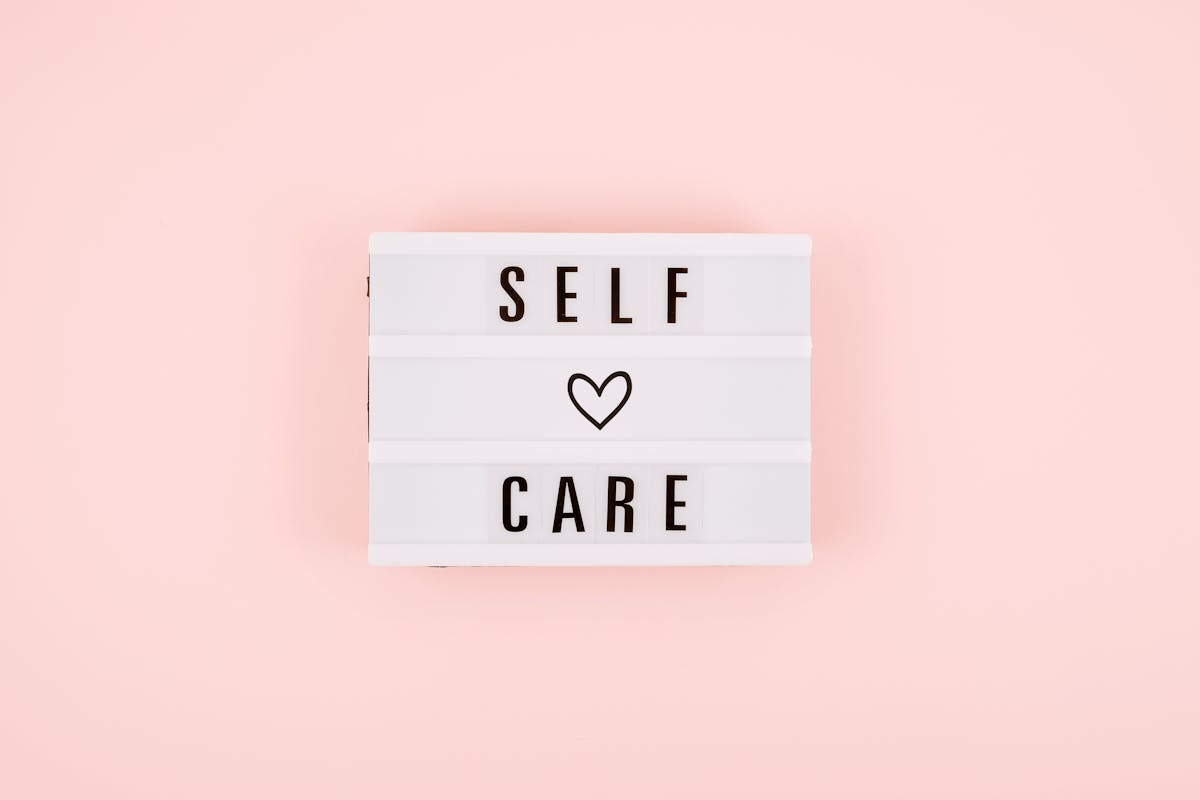Practicing Self-Care as a Caregiver

Family caregivers are known for making their own health and wellness a lower priority when they are busy caring for a spouse or aging parent. Since caregivers are often middle-aged females, the health consequences of skipping yearly physicals or putting off essential health screenings can be significant. Small issues that may have been treatable with early intervention might become bigger problems before they are detected.
Routine visits to your primary care physician keep you on schedule with vital mid-life preventative screenings. They also allow you and the doctor to build a relationship. Having a comfort level with your health care professional makes it easier if medical problems—such as diabetes, depression, cancer, or heart disease—arise.
Preventative Health Guidelines for Women
If you are a woman caring for a loved one and you haven’t seen a doctor in a while, the best first step is to schedule a physical. This will give the physician a chance to conduct a routine exam to check blood pressure, screen for depression (quite common among caregivers), evaluate cognitive health, talk about body mass index, and check reflexes.
They will likely order blood work to identify any vitamin deficiencies, check cholesterol and thyroid health, and screen for diabetes. Based on your personal health and family medical history, there may be other follow-up testing.
During your physical exam, the doctor will also recommend other screenings and health care appointments:
- Yearly well-woman visit: Time passes quickly when you are caring for a loved one. If it’s been a while since you’ve seen the gynecologist, it’s important to get back on track. They’ll perform an exam to detect any abnormalities and screen for HPV and cervical cancer. The gynecologist might also order your yearly mammogram and a bone density screening if your primary care doctor doesn’t.
- Colon cancer screening: Depending on your personal and family history, you might also be due for a colon cancer screening. Newer colon cancer screening guidelines say people should begin these at 45 years of age instead of the previous recommendation of 50. While a colonoscopy is considered the best option, there are other types of screenings, such as Cologuard and the fecal immunochemical test (FIT). Read “Colorectal Cancer Awareness Tips” for more information on colon cancer awareness.
Self-Care Can Include Preventative Vaccines
Many people associate vaccines with younger children, but older adults need them, too. They offer a strong defense against some serious health conditions. If you are a caregiver, they are vital for more than just your own well-being. Should you become infected, you can unknowingly pass an illness on to your loved one, who might already have a weakened immune system.
In addition to talking with your primary care doctor about COVID-19 vaccines and others that are best for your personal health, the Centers for Disease Control and Prevention (CDC) suggests adults over the age of 50 speak with their physician about these four vaccines:
- Influenza vaccine: Also known as a flu shot, this yearly vaccine helps lower the odds of catching the virus. In a typical flu season, older adults account for as much as 80% of flu-related deaths. So, caregivers should consider this vaccine as a method of protecting themselves and the senior they are caring for.
- Tdap vaccine: This guards against three different deadly illnesses: tetanus, diphtheria, and pertussis. Once you have it, your doctor may recommend a booster every 10 years.
- Shingles vaccine: The newer shingles vaccine, called Shingrix, is highly effective at preventing both shingles and a painful complication of shingles known as postherpetic neuralgia (PHN). This two-shot vaccine is important to receive as one in three adults will develop shingles in their lifetime.
- Pneumococcal vaccine: Finally, ask your primary care physician about the pneumococcal vaccine. This vaccine helps protect you from pneumonia and other infections in the lungs and bloodstream. It is generally recommended for adults 65 and older, as well as for caregivers and younger people with compromised immune systems.
Emergency Call Alert System Gives Peace of Mind
An important part of healthy self-care is managing stress. That can be tough when you are a caregiver. You worry about everything from your loved one’s nutrition to in-home hazards that might cause them to fall.
One way to get peace of mind is investing in a mobile monitoring unit for the senior you are a caregiver for. If they experience an emergency when you aren’t by their side, they can summon help with the push of a button. Call 1-844-203-5617 to learn more today!